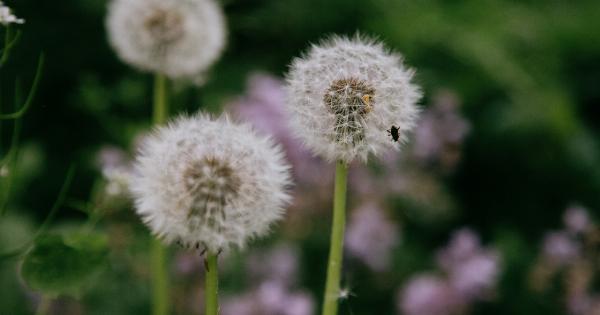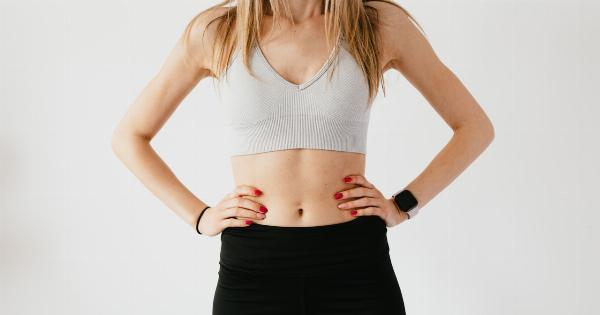Nothing ruins a summer evening outdoors more than being constantly bothered by mosquitoes. You swat at them, you use repellents – but they keep coming back.
Have you ever wondered why some people seem to attract mosquitoes more than others? The answer lies in several factors that make certain people irresistible to mosquitoes.
H2: Blood Type
Mosquitoes are drawn to people with certain blood types more than others. Individuals with Type O blood are more likely to be bitten than those with other blood types. Those with type A are next in line, followed by type B.
If you have Type AB blood, congratulations – mosquitoes are the least likely to bite you.
H2: Body Odor
Our body odor can also make us more attractive to mosquitoes. Mosquitoes use their sense of smell to locate their next meal. People who produce more lactic acid, uric acid, and ammonia in their sweat are more likely to attract mosquitoes.
Similarly, those who have high metabolic rates or are pregnant tend to attract more mosquitoes as they produce more carbon dioxide and heat which are both mosquito attractants.
H2: Dark Clothing
Did you know that mosquitoes are attracted to dark colors? Wearing black, navy blue, or red makes you more visible and attractive to mosquitoes.
On the other hand, wearing light-colored clothing helps to make you less visible, and consequently, less attractive to mosquitoes.
H2: Genetics
Your genetic makeup can also determine how attractive you are to mosquitoes. Research shows that some people naturally emit certain odors that are irresistible to mosquitoes. These odors are produced by the genes that control the immune system.
If your immune genes produce more of these odors, you are more likely to attract mosquitoes.
H2: Drinking Alcohol
Drinking alcohol can also make you a more attractive target for mosquitoes. When you consume alcohol, your body temperature increases, and you emit more carbon dioxide – both of which make you more attractive to mosquitoes.
Certain studies have also shown that mosquitoes are more attracted to people with higher concentrations of ethanol in their sweat.
H2: Skin Bacteria
Our skin is home to billions of bacteria, and some of these bacteria can make us more attractive to mosquitoes.
For example, individuals who have the bacterium Staphylococcus epidermidis on their skin tend to attract more mosquitoes than those who don’t. Scientists believe that some of the compounds produced by these bacteria make us more attractive to mosquitoes.
H2: Pregnancy
Pregnant women tend to attract more mosquitoes than others – they exhale more carbon dioxide, produce more heat and have higher blood volumes, making them ideal targets.
Mosquitoes can be carriers of various diseases such as malaria, dengue, and Zika virus, which can have potentially severe impacts on the health of the mother and the child. Pregnant women should therefore be especially cautious about mosquitoes and take measures to protect themselves from bites.
H2: Conclusion
Although mosquitoes are persistent pests, there are several factors that make certain people more attractive to these insects than others.
Paying attention to your clothing choices, applying an effective mosquito repellent and avoiding peak mosquito times can help reduce the mosquito bites. Removing stagnant water around your home can also help in reducing mosquito populations in your area, ultimately making it a more enjoyable summer for you and any of your company.




























